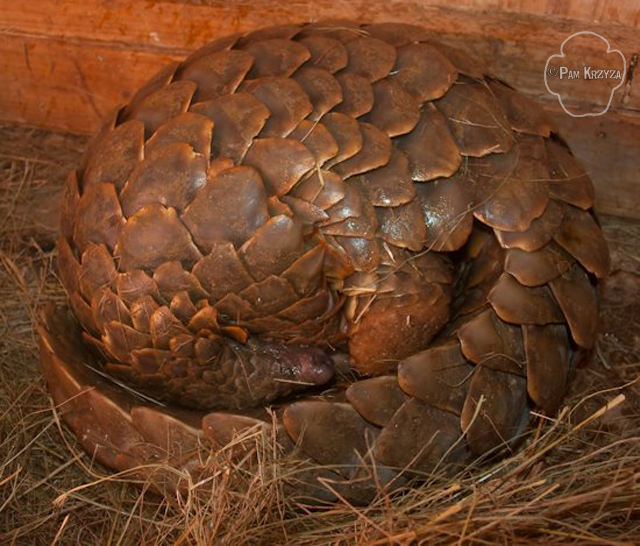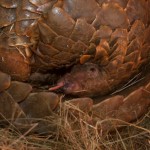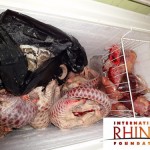Malaysian wildlife officials have seized 94 live pangolins from a cargo shipment.
According to the Jakarta Globe, authorities at Kuala Lumpur International Airport have intercepted a shipment of pangolins last Thursday.
The 94 animals were discovered alive inside 43 boxes that were part of a shipment apparently labelled as “crabs”.
Smugglers frequently attempt to disguise their illicit pangolin hauls as some sort of seafood, such as “fish” or “frozen fish”.
State Director of Malaysia’s wildlife agency, Perhilitan, told The Star estimated the worth of the 94 pangolins to be roughly RM 106,000 (almost US $34,500) and said that pangolin flesh (popular as a delicacy and for its perceived ‘health benefits’) can fetch up to RM220 (over US $ 71) per kilogram on the black market.
The Star reports that although no arrests have yet been made, authorities claim to have information on both the importer and exporter of the illegal cargo.
As pangolins are protected by Malaysian law, offenders would face a fine of up to RM 100,000 (about US $32,500), three years in prison, or both.
Officials at the airport’s cargo complex also seized 555 live cobras and 171 giant Asian pond turtles just the week before, which were reportedly destined for restaurants in Hong Kong.
So far this year, media has reported on at least four pangolin seizures in Malaysia (including last week’s), involving no fewer than 229 pangolins.
At this rate, Malaysia is likely to blow past last year’s six such busts reported by media, which involved at least 1,292 of the scaly anteaters.
Headed for extinction
Demand for these animals stems primarily from China and Vietnam, where the flesh is consumed both as a delicacy and for perceived ‘health benefits’, and other parts of their bodies — particularly the scales — are used to make ‘cure-all’ traditional Chinese medicine remedies.
However, there are no scientific evidence to back any of the medicinal claims made about pangolins.
In fact, their scales are made of keratin — the same protein that comprises rhino horn and human hair and nail — and laboratory studies have confirmed that rhino horn is void of any curative medicinal properties.
An estimated 41,000 pangolins (and perhaps as many as 60,000) were killed for this illegal trade in 2011.
It’s believed that ‘medicinal use‘ pangolin farms in China have been stimulating the demand for the defenseless creatures.
Author: Sarah Pappin. Read more about Sarah here.
Image: ©Pam Krzyza
Want to help? Check out our pangolin t-shirts: Project Pangolin is contributing $2.00 per t-shirt or hoodie to Education for Nature-Vietnam.





![Pangolin Trafficking: 2011 to April 2013 [Infographic]](http://pangolins.org/wp-content/uploads/2015/08/WorldPangolinDay2013-01-copy-150x150.jpg)

Comments are closed.